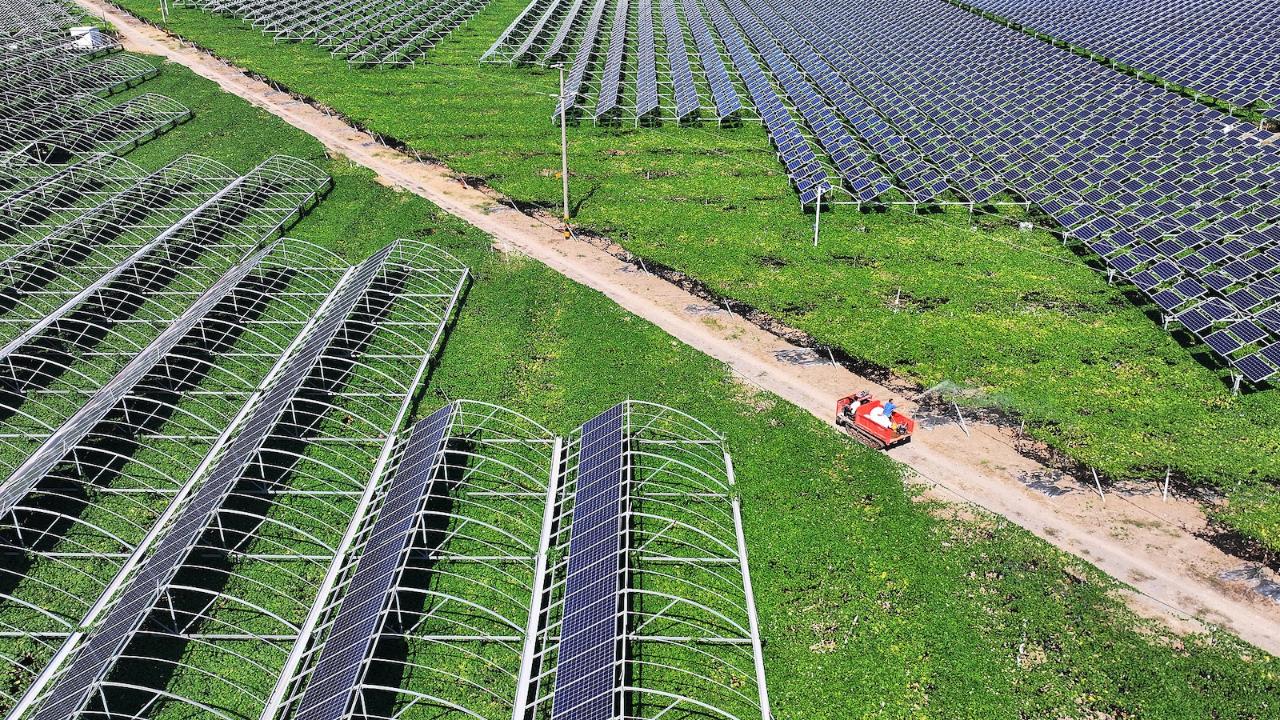Germany Invests €2 Billion in World's First Fusion Plant

Germany's recent initiative to build the world’s first nuclear fusion power plant marks a pivotal moment in the global energy landscape. As nations grapple with energy security and climate change, the successful implementation of nuclear fusion has the potential to revolutionize how we generate power, providing a nearly limitless and environmentally friendly alternative to fossil fuels.
The action plan, passed on October 1, outlines a commitment of over €2 billion by 2029, aimed at establishing a robust framework for nuclear fusion research and infrastructure. Nuclear fusion, a process that powers the sun, promises clean and safe energy with minimal waste. While the technology remains in its nascent experimental phase—many estimates suggest that it could take decades before commercial operations are feasible—the momentum behind it is growing. Countries like the U.S., China, and several EU nations are already investing heavily, creating a competitive race to harness this energy source. For instance, prominent startups in Germany have urged for accelerated support, arguing that without significant governmental backing, the country risks lagging behind its global counterparts.
Germany’s proactive stance aims not only to advance local innovation but also to address pressing energy transitions. By cultivating a fusion ecosystem interlinked with industry sectors, the plan could mitigate reliance on fossil fuels while creating high-tech jobs. Additionally, applications such as hydrogen production could benefit tremendously from fusion technology, potentially spurring a broader economic impact. The bold vision articulated by Minister Dorothee Bär positions nuclear fusion as a possible cornerstone of future energy policy, highlighting its expected safety and environmental compatibility.
However, the road ahead is fraught with challenges. The German nuclear fusion sector has historically critiqued the slow pace of governmental support. The urgency expressed by startups reinforces the need for decisive action to ensure that research evolves into practical solutions. As Germany embarks on this ambitious plan, one wonders: can the combination of political will, research investment, and private innovation be enough to realize the dream of a nuclear fusion-powered future?
Read These Next

Streetlight Charging: Revolutionizing EVs
A Pennsylvania State University research team has successfully converted streetlights into electric vehicle charging stations, providing a cheaper and more effective alternative to traditional installations while considering urban equity.

AI Surge in Venture Capital: A Game Changer
Analysis of the recent PitchBook report indicating a historic investment surge in AI startups within the venture capital sector, exceeding half of total funding.

China Aims to Accelerate Green Transition in All Sectors
China plans to speed up its green economy transition with investments in technology and eco-friendly practices to combat pollution.
